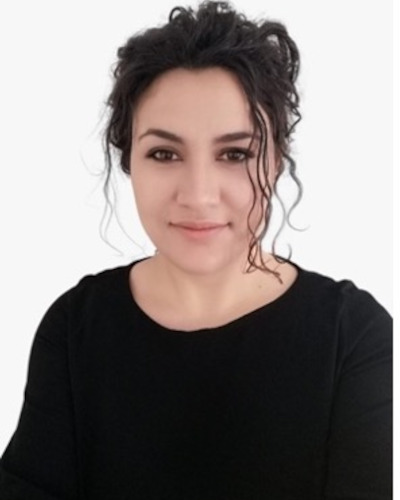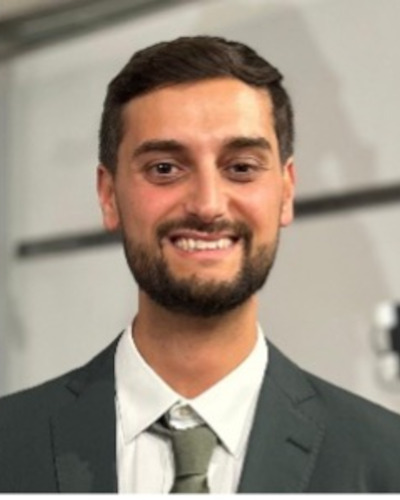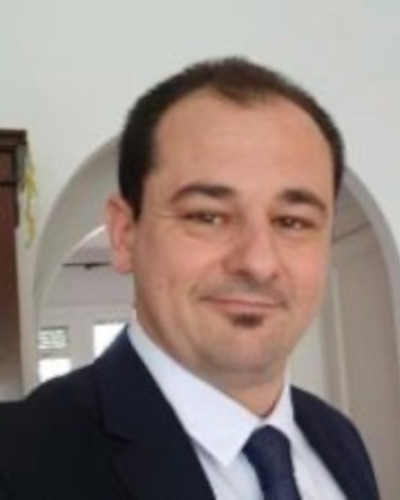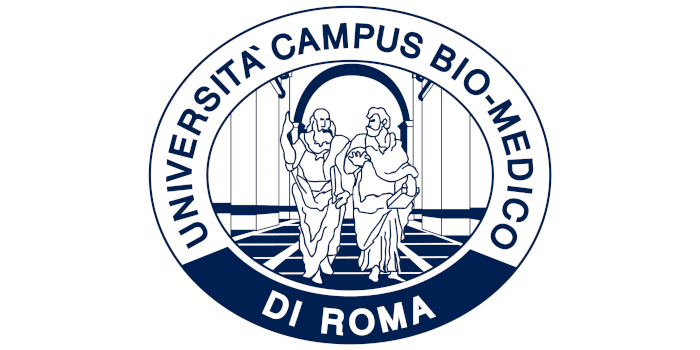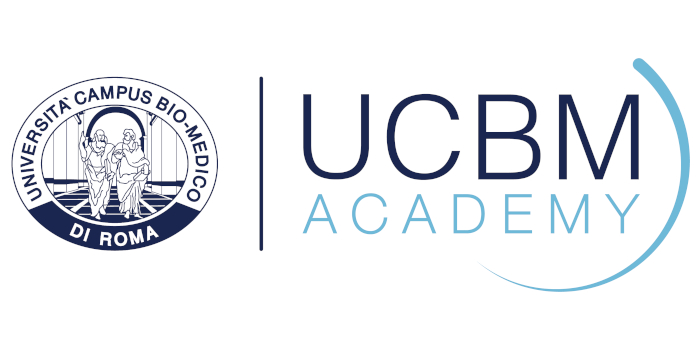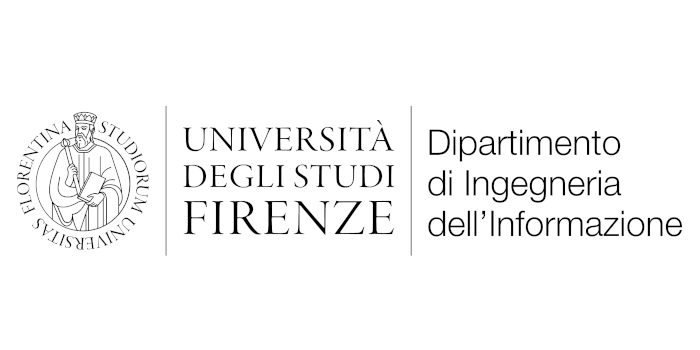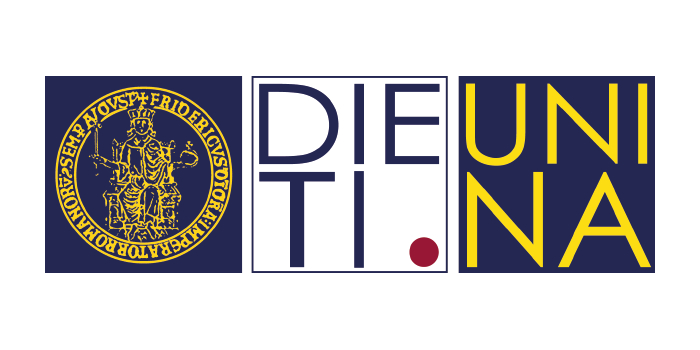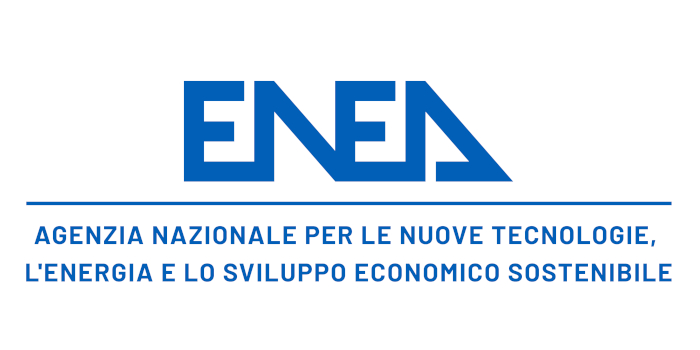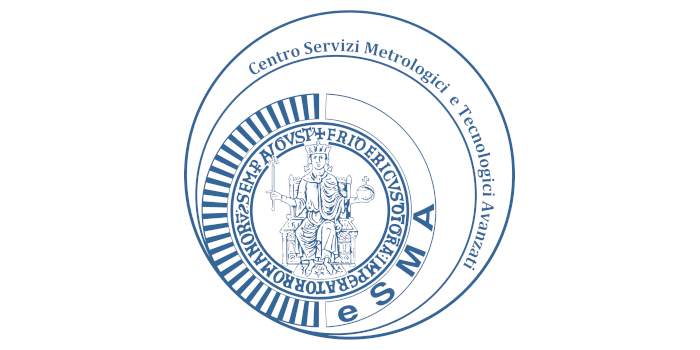SPECIAL SESSION #02
Measurement Systems and Robotics for Biomedical Applications
ORGANIZED BY
Arianna Carnevale
Campus Bio-Medico University Hospital Foundation, Italy
Christian Tamantini
National Research Council of Italy, Institute of Cognitive Science and Technology (CNR-ISTC), Rome, Italy
Andrea Orlandini
National Research Council of Italy, Institute of Cognitive Science and Technology (CNR-ISTC), Rome, Italy
Letizia Mancini
University Campus Bio-Medico of Rome, University Hospital Foundation Campus Bio-Medico, Italy
SPECIAL SESSION DESCRIPTION
The quantitative measurement of human motion and physiological parameters plays a crucial role in advancing prevention, diagnosis, rehabilitation, ergonomics, and performance assessment across healthcare, industrial, and sports domains. Recent advances in measurement technologies and robotics - including wearable sensors, optical marker-based and markerless systems, and assistive or collaborative robots - provide powerful tools for human state estimation.
To ensure the reliability of extracted metrics, these systems must comply with metrological principles of accuracy, precision, repeatability, and reproducibility. In parallel, innovative signal processing and computational modeling approaches are critical for interpreting biomechanical and physiological data, to analyze human motion and design control strategies for assistive and collaborative robots.
This Special Session aims to gather contributions on the design, validation, and application of measurement and robotic systems for biomedical applications, fostering interdisciplinary collaboration between engineering, clinical, and industrial domains.
TOPICS
Paper submissions are welcome on (but not limited to) the following topics:
- Measurement systems for human motion and activity analysis;
- Wearable, marker-based, and markerless motion capture systems;
- Metrological characterization and validation of measurement systems;
- Signal processing and computational modeling for motion and physiological data;
- Robotic systems for human motion assistance, rehabilitation, and collaboration;
- Human–robot collaboration and biomechanical evaluation;
- Applications in clinical, occupational, and sports domains;
- Artificial intelligence and machine learning for motion analysis and robotic control.
ABOUT THE ORGANIZERS
Arianna Carnevale (Ph.D.) is a biomedical engineer at Fondazione Policlinico Universitario Campus Bio-Medico in Rome. Her research interests focus on the design, development, characterization, application, and performance evaluation of measurement systems (e.g., wearables, virtual reality devices, stereophotogrammetry) for assessing human biomechanics in the orthopaedic field. She has been involved in several national and international projects. She is the author of several publications in peer-reviewed journals and conference proceedings on topics related to sensors and algorithms for human motion analysis, with a particular focus on the shoulder joint.
Christian Tamantini (Ph.D.) received the B.Sc. degree in medical engineering from the Tor Vergata University of Rome, Rome, Italy, in 2016, the M.Sc. degree in biomedical engineering from the Universitã Campus Bio-Medico di Roma (UCBM), Rome, in 2018, and the Ph.D. degree from the Research Unit of Advanced Robotics and Human-Centred Technologies, UCBM, in 2023. He is currently a Researcher with the Institute of Cognitive Sciences and Technologies, National Research Council of Italy, Rome. His current research interests are focused on developing algorithms and approaches for user state estimation to be used to adapt robot behaviors in robot-aided rehabilitation scenarios.
Andrea Orlandini (Ph.D.) received the M.S. degree in computer science engineering and the Ph.D. degree in computer science and automation from the University of Roma TRE, Rome, Italy, in 2002 and 2006, respectively. He is currently a Senior Researcher with the Institute of Cognitive Science and Technology, National Research Council of Italy, Rome. He is investigating human-aware task and motion planning issues in human–robot collaboration designing and developing temporally flexible task planning systems. His main research interests are related to long-term autonomy and reliable human–robot interaction, investigating the connections between formal methods and automated planning.
Letizia Mancini is a graduate in Biomedical Engineering and a Ph.D. student in Bioengineering, Applied Sciences, and Intelligent Systems. She is currently working as a biomedical engineer in the Lab of Motion Analysis at Fondazione Policlinico Universitario Campus Bio-Medico in Rome. Her research interests include the design, development, and validation of integrated systems for motion analysis, such as wearables, sEMG, force platforms, and stereophotogrammetry, for use in biomechanics and biomedical applications, with a particular focus on lower limb musculoskeletal disorders.

